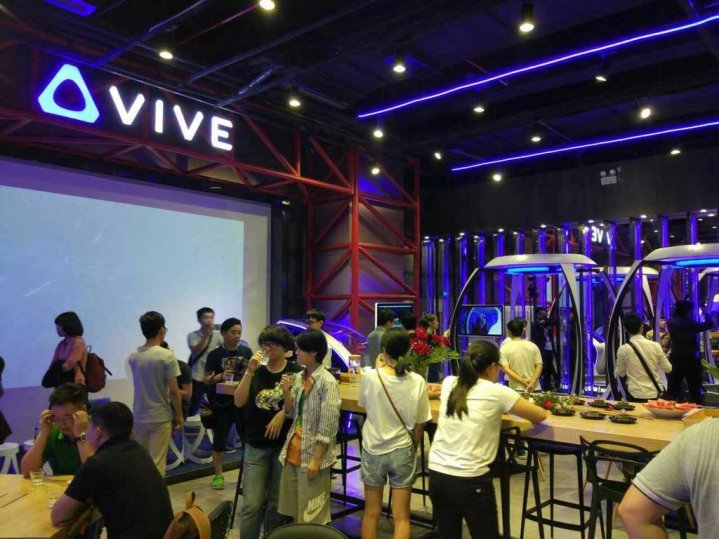
While tech experts around the globe are trying their best to revolutionize the VR market as it is clearly the next big thing in the technology world, China gave it a strong start by shipping around 300,000 VR headsets last year. HTC has grabbed 18 per cent of the total market by volume and the Asian giant is now the second largest market for VR with a share of around 15 per cent .
According to reports, Local vendor DeePoon secured a close second position by acquiring 17 per cent of the total share. While DeePoon has two VR headset models in the market to compete with HTC, one is V3 and the other is M2, almost 70 per cent of DeePoon's shipments were of its M2, according to Canalys.
According to Canalys Analyst Jason Low, HTC, which shipped more than 50,000 Vive headsets in China, will have to continue its attack on the B2B market in order to maintain their lead. "It is supplementing a good product with efforts to build a successful ecosystem by encouraging startups and content makers to produce engaging user experiences", he said, as reported by The Financial.
Meanwhile, DeePoon is giving a tough competition to HTC in the Chinese VR market. The company owes a lot of its success to its partner Samsung, which is the supplier for M2's silicon and display, said Low. This partnership between DeePoon and Samsung has helped to lower the cost of ownership of VR systems and maintain the VR experience at a decent level, he added.
Sony, although maintained its lead in other markets, could only secure the fourth place in China. Its consumer focus and low PlayStation 4 base led it to ship fewer than 30,000 units. To boost its VR market in China, according to Low, Sony should launch its next product AAA VR content in the country at the same time as in the other countries.
2017 is going to a crucial year for the VR industry with limited access.
"HTC has been able to use its relatively stable financial position to convince the channel and ecosystem partners that it is in it for the long run. Companies such as DeePoon and 3Glasses have now managed to move beyond the consumer market to attract business buyers. They will need to start building their ecosystems, engaging developers to create unique use-cases to give businesses confidence," said Jason Low, as reported.









